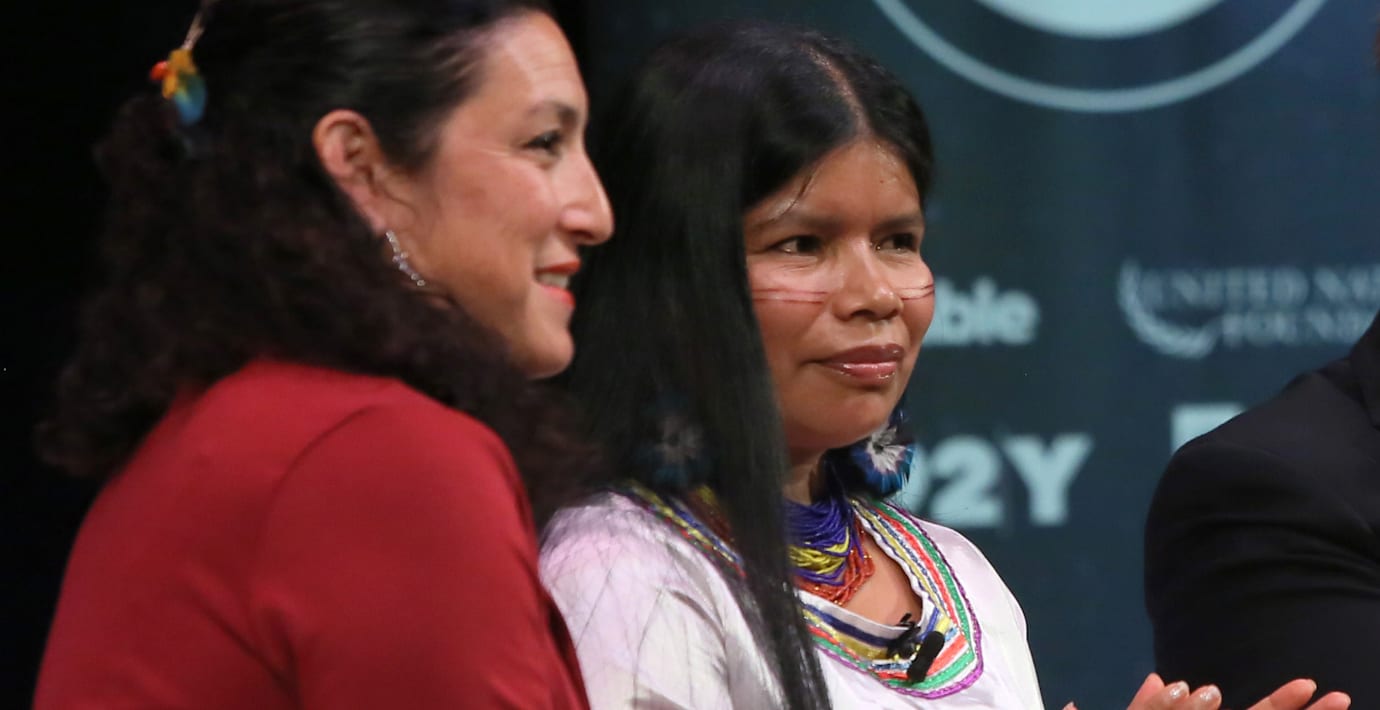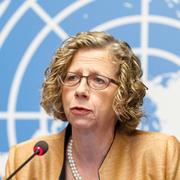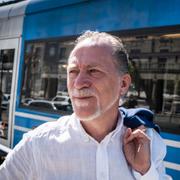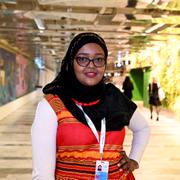
”Olje- och gruvindustrin hotar kichwafolket”
Utvinningsindustrin hotar kichwafolkets livsmiljö i Amazonas. Det säger Patricia Gualinga, människorättsförsvarare som fick Olof Palme-priset 2022, till Ekot med anledning av miljökonferensen Stockholm +50.
– Olja, gruvor, timmer och kraftverksdammar hotar oss. Vi motsätter oss vägbyggen, för med vägar kommer resten, säger aktivisten.
Även om ursprungsbefolkningar välkomnas till konferensen så lyssnar ansvariga politiker fortfarande alldeles för lite, enligt Gualinga. Hon tillägger att regeringar och aktieägare måste ta krafttag, ”annars är människans existens i fara”.
Läs mer om Stockholm +50

Erbjudande: Läs Omni Ekonomi gratis i två månader
Nyheten du läste här kommer från Omni Ekonomi, som är Omnis systerapp för affärsläsare. Omni Ekonomi ger dig Sveriges bästa och mest heltäckande bevakning av börs-, bolags- och marknadsnyheter. Dessutom får du dagliga expertkommentarer och långläsning från bland annat Wall Street Journal, Financial Times och The Economist. Du kan också välja att bevaka de bolag och/eller ämnen som intresserar dig allra mest.
Nu kan du som Omni-läsare testa Omni Ekonomi gratis i två månader (värde 318 kronor). Erbjudandet är helt utan förpliktelser, det blir ingen automatisk förlängning och du behöver inte ange något kreditkortsnummer.
Erbjudandet gäller endast dig som inte har nyttjat prova-på-erbjudande från Omni Ekonomi tidigare.



